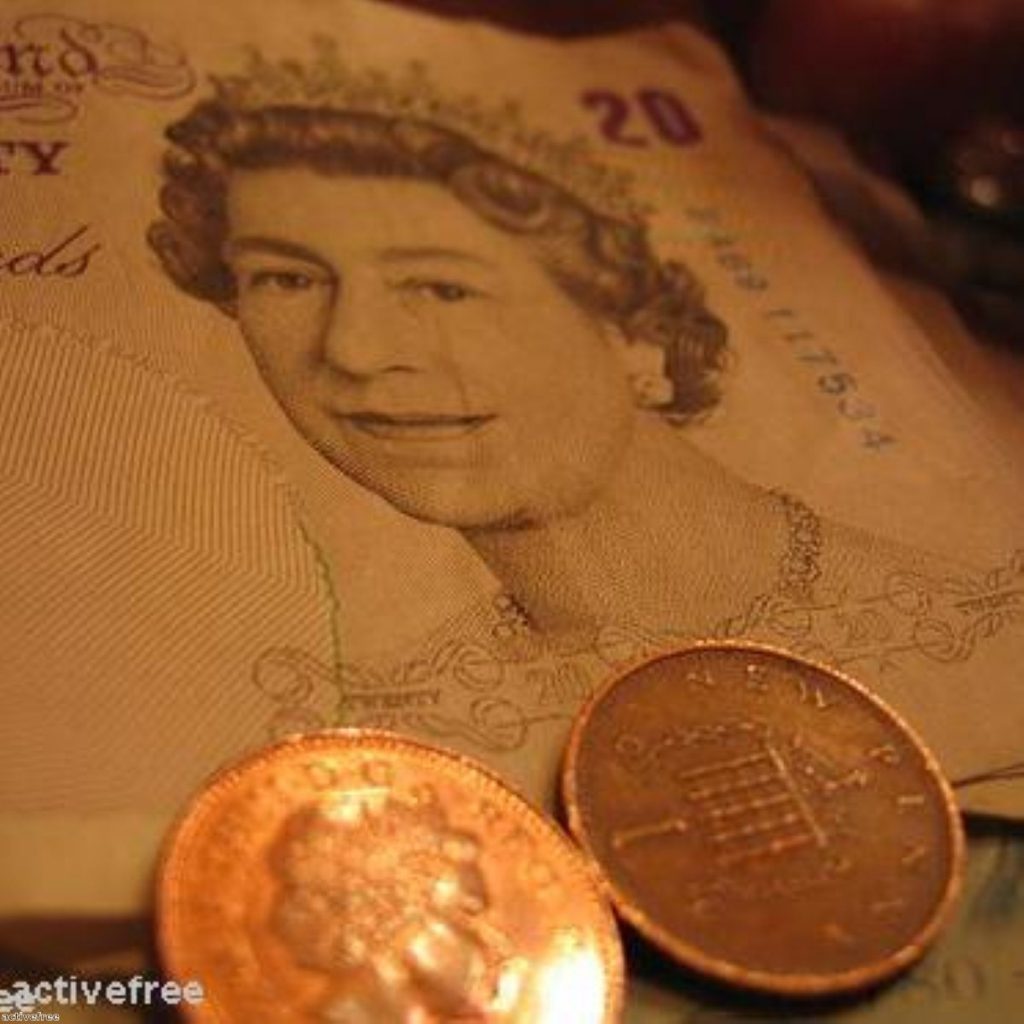Osborne eyes public sector pay ‘restraint’
By Alex Stevenson
George Osborne has admitted a Conservative government would look at public sector pay when seeking to make spending cuts.
The shadow chancellor was responding to bleak figures from the Institute for Fiscal Studies, which estimated today that Alistair Darling has so far only announced around half of what will be required to achieve his aim of balancing the Budget by 2015/16.
The government needs to be raising £40 billion a year by the end of 2015/6, the IFS’ director Robert Chote said. That equates to each household in Britain having to pay £1,250 per year in extra tax.


“I will be looking at expenditure restraint,” Mr Osborne told the Today programme.
“That can come in a number of different forms. It can come with immediate action on things like the overhead costs of government, on making sure that pay settlements reflect the prevailing conditions of the economy and the prevailing rate of inflation.”
Downing Street rejected the suggestion that the government’s three-year pay deals for teachers, nurses and police should be reassessed.
“They play an important role in providing stability for the economy and for the government, but also crucially for key groups of workers,” the prime minister’s spokesman said.
Mr Osborne added: “Public sector pay needs to reflect the prevailing economic conditions. We need to look at these three pay deals the government came up with. They may be very inflexible at a time when the economic conditions are changing very quickly.”
The IFS said the £40 billion needed would have to be achieved through “some form of combination of tax increases and cuts in public spending plans”. At present the balance is 80-20 in favour of spending cuts.
Mr Osborne, responding to the figures, warned that the situation could be made worse if the cost of the banks’ bailout and the length of the recession are worse than expected.
He said: “We know we came into this recession with around a three per cent Budget deficit and we know that of course we’ve added to the borrowing problems with discretionary fiscal stimulus and hopefully thanks to the combined intervention of the Conservative party, the governor of the Bank of England and potentially Alistair Darling behind the scenes, we may be able to stop a second fiscal stimulus in the forthcoming Budget.”
In this context, he argued, a second fiscal stimulus would be a big mistake.
And as the man who, according to the polls, is most likely to be in No 11 after the next election, Mr Osborne also indicated a Conservative government would seek public spending cuts soon after taking power.
“I want to make sure that the day after the general election we are ready to govern,” he said.

